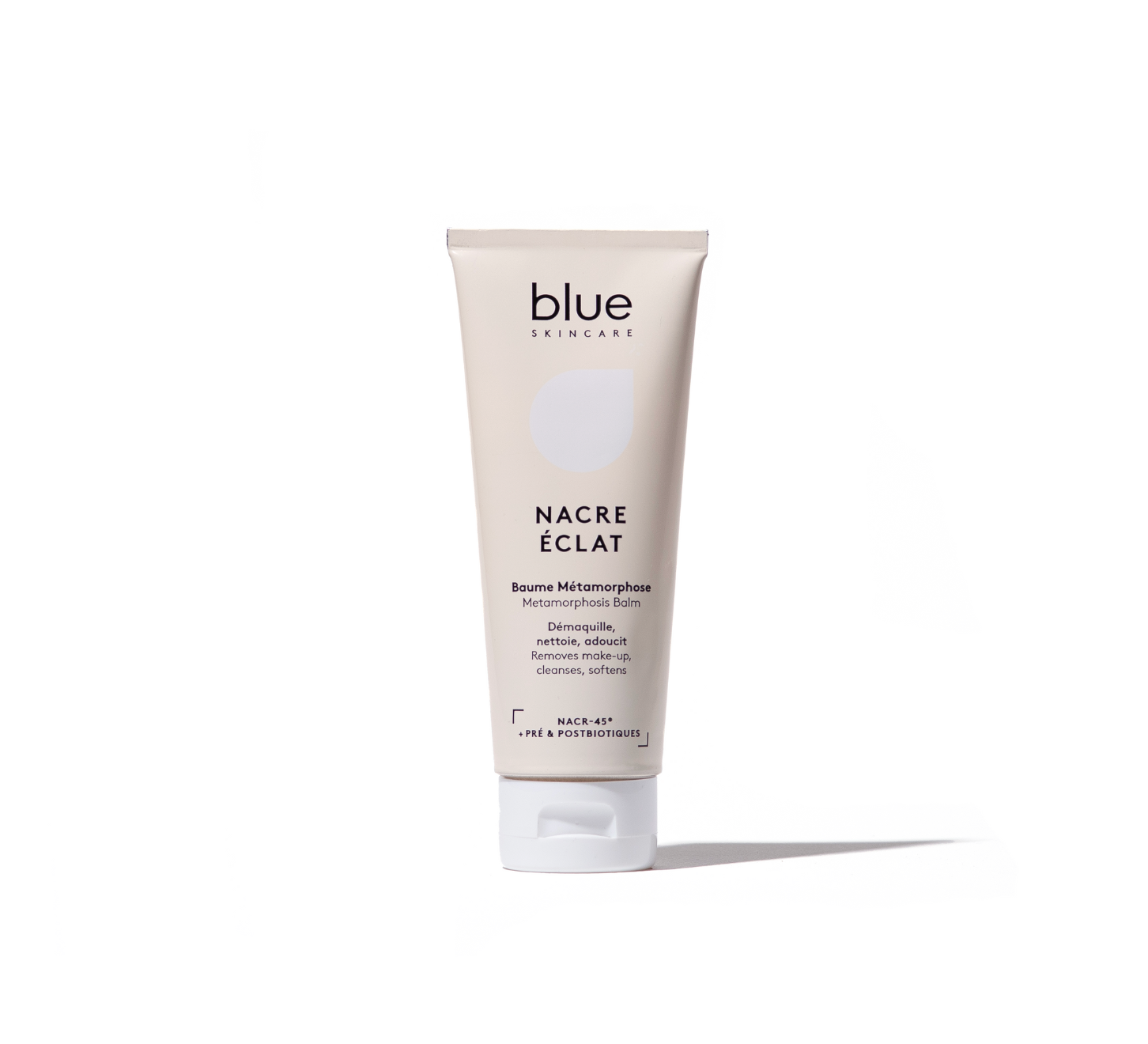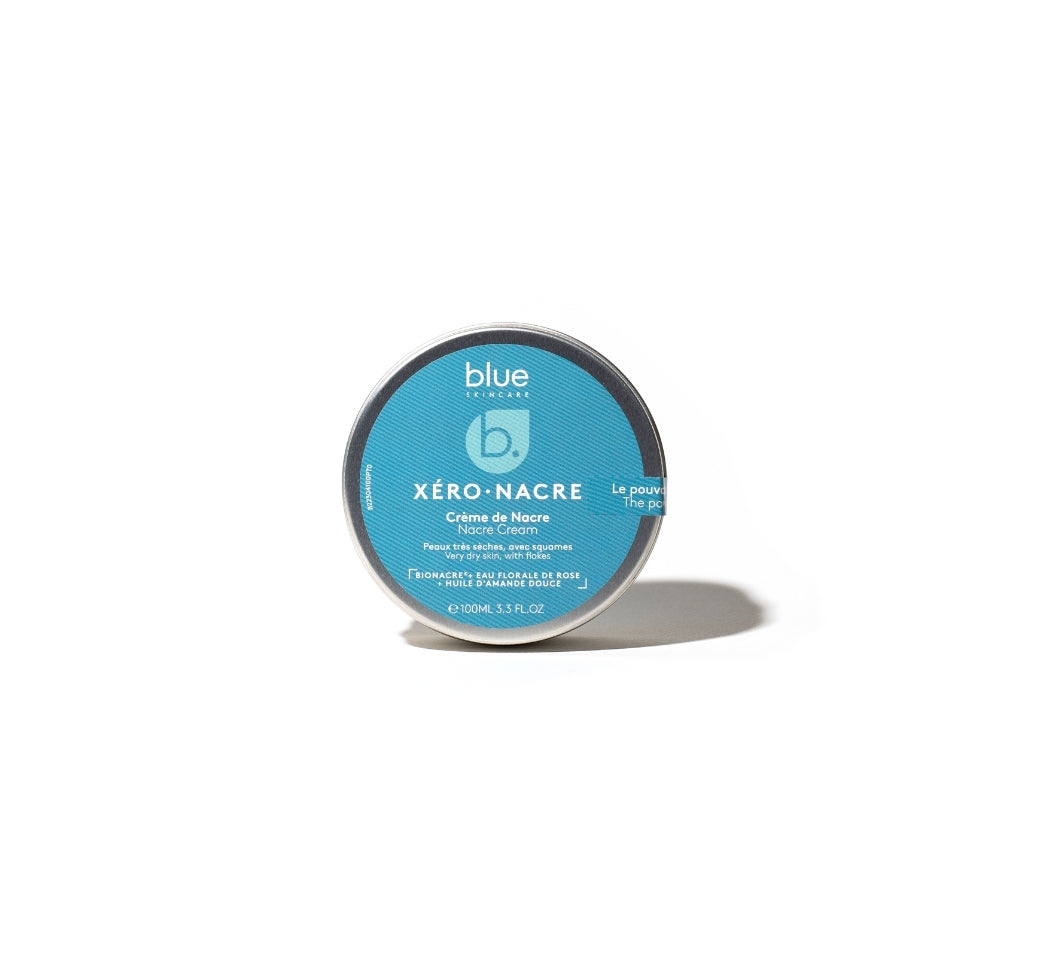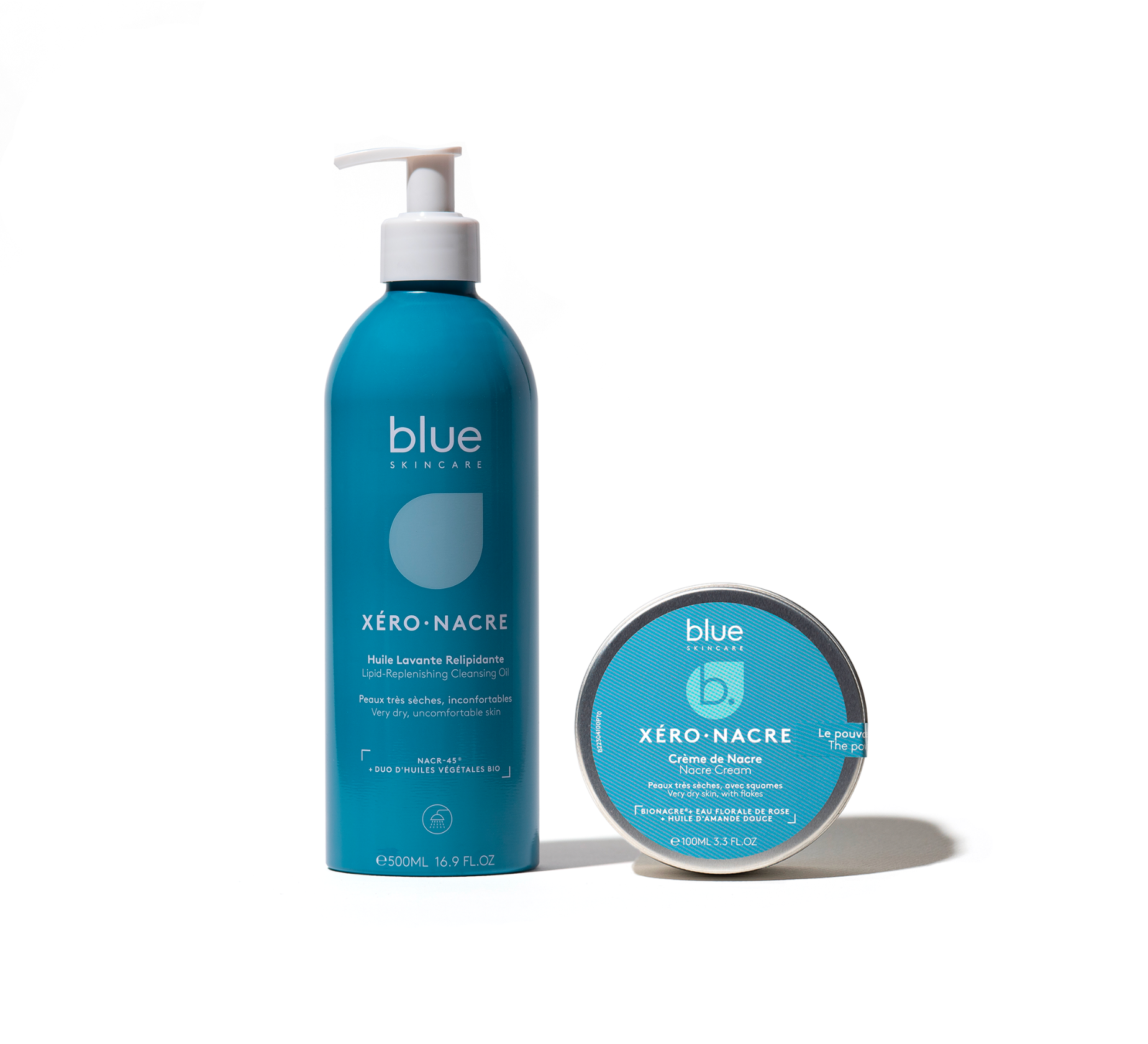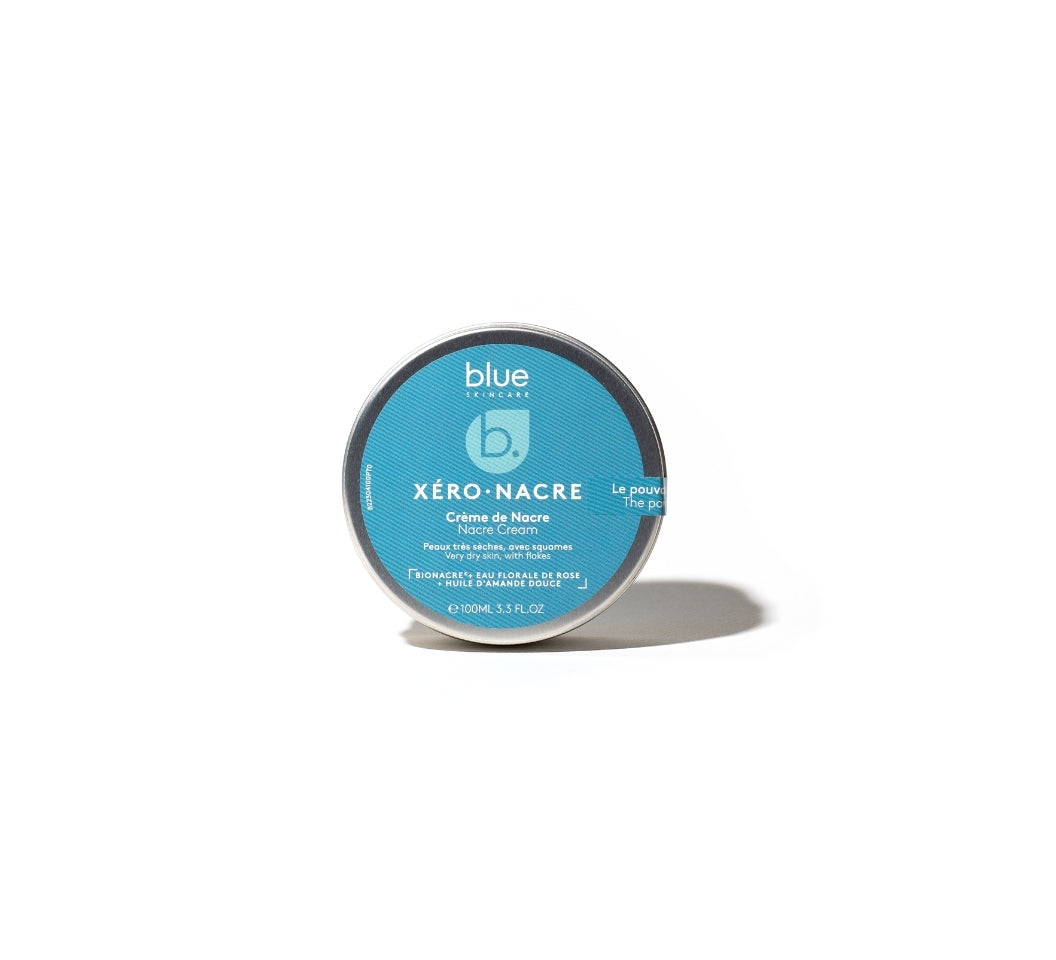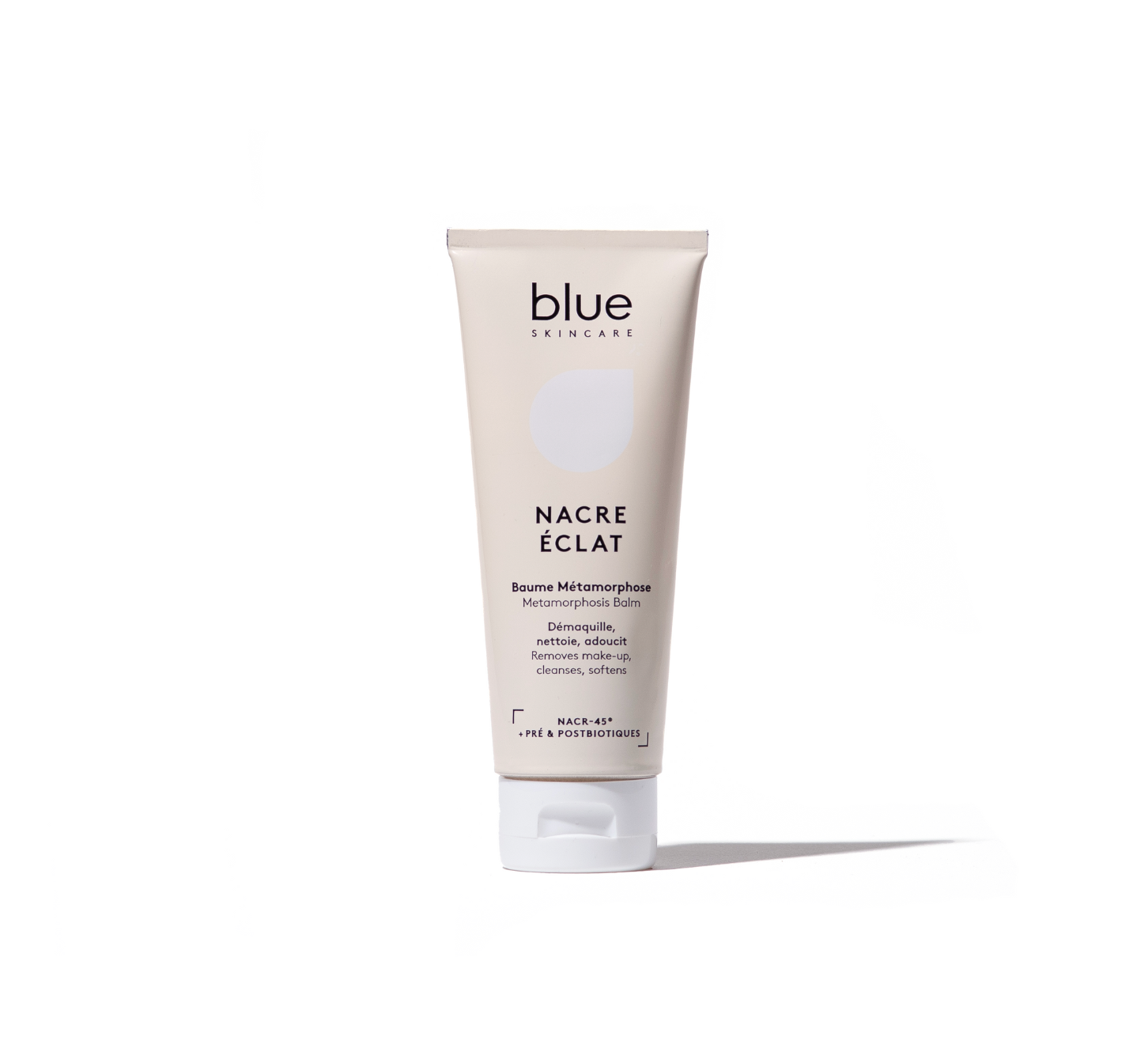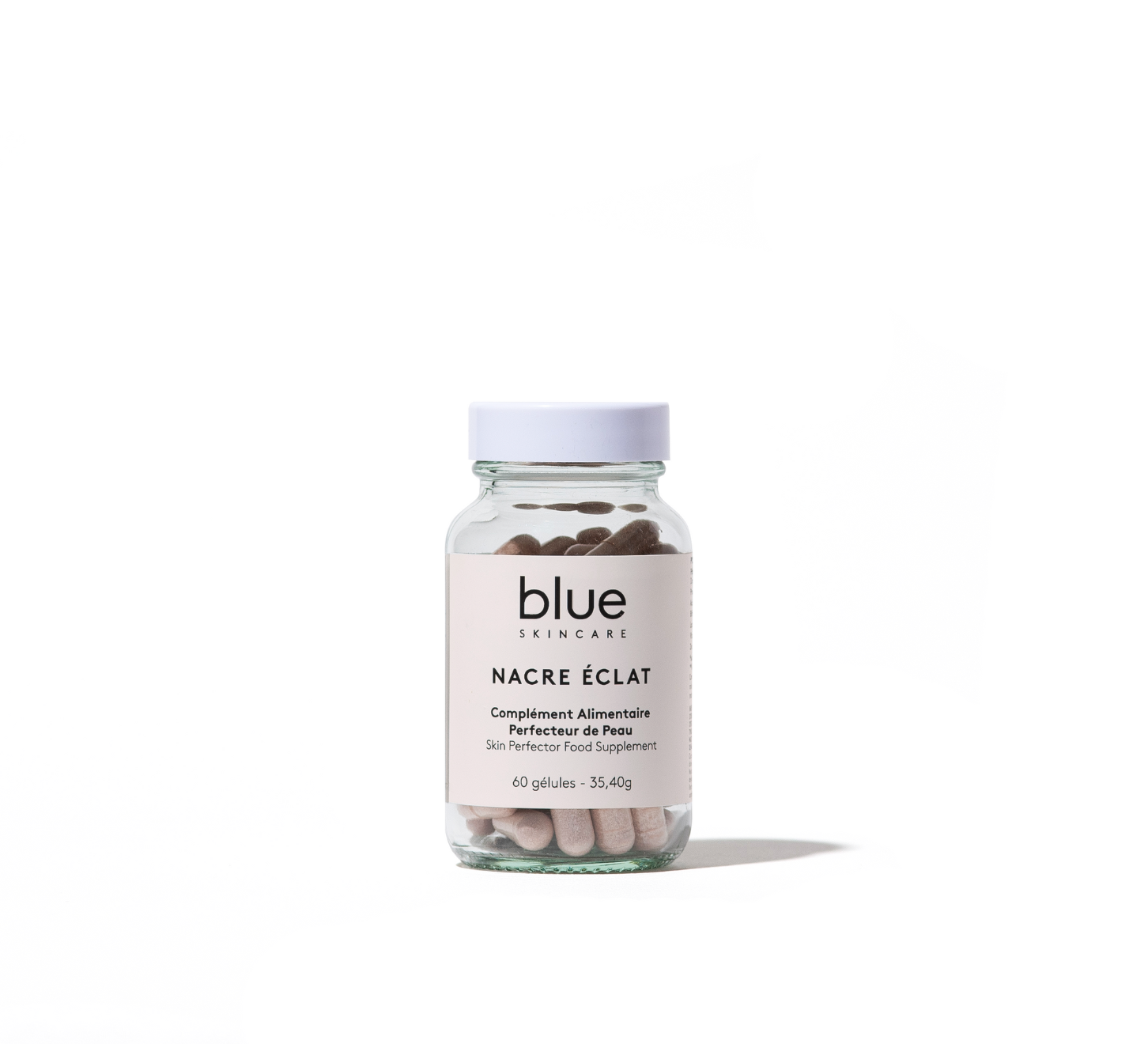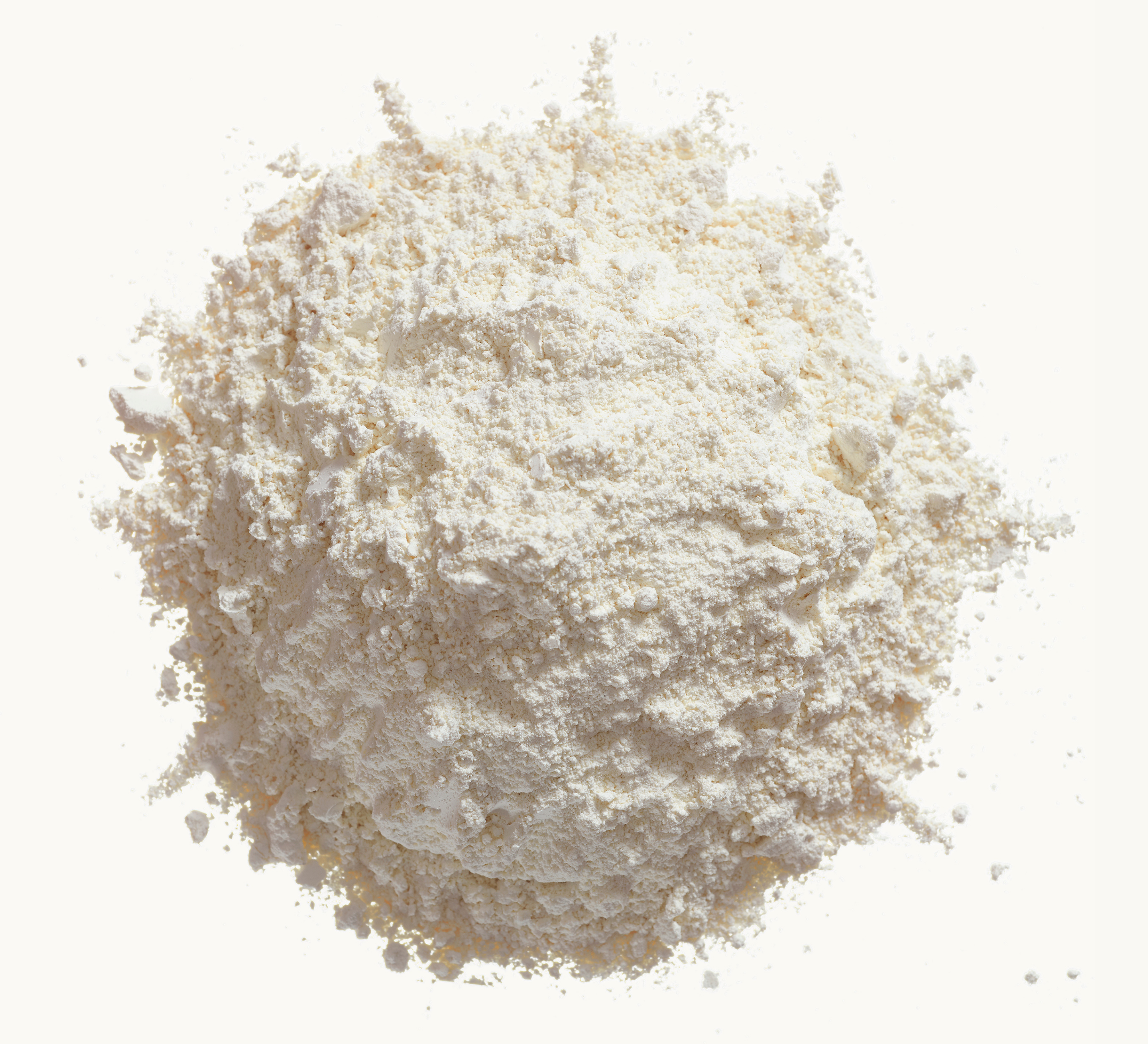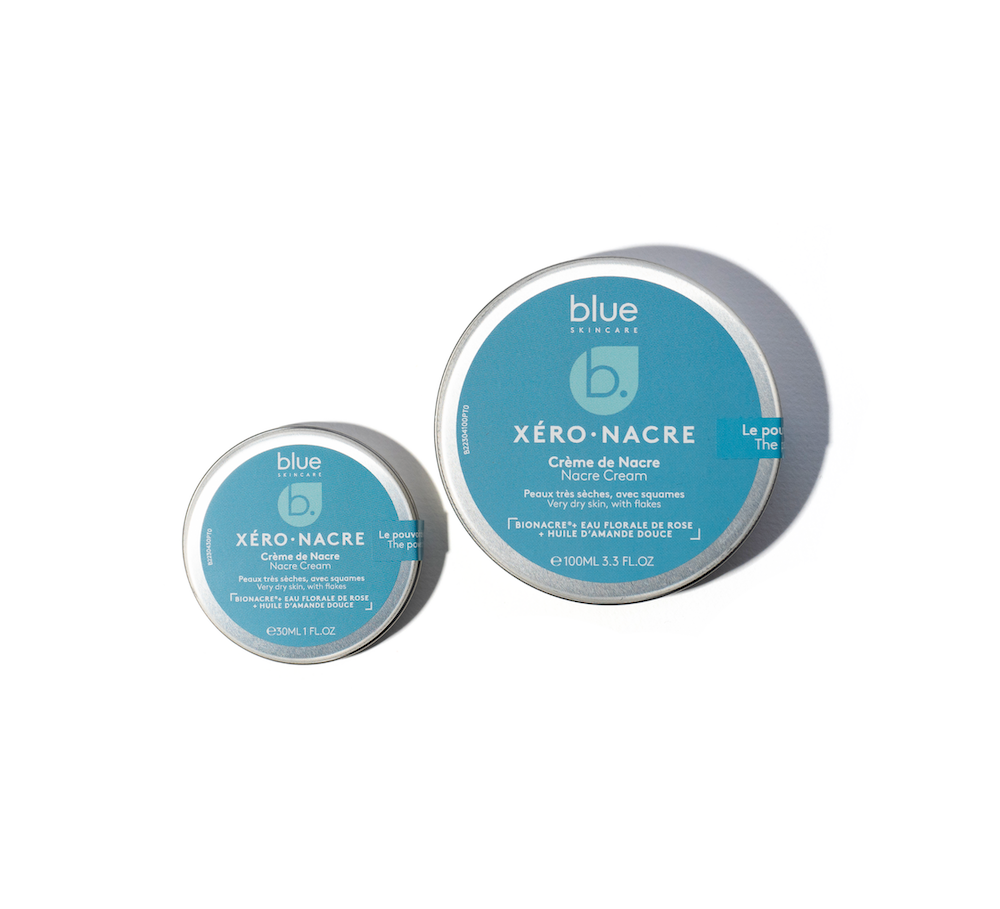It's back to school time! And with it, lots of energy for new projects and resolutions.
At school, teachers are increasingly being asked to raise children's awareness of ecology , but not all of them are doing so in a concrete way yet. Here are some ideas to suggest to them.
A list of eco-friendly school supplies
The lists of supplies are often endless and it is tempting to rush to a hypermarket to find everything. What if this year, for the start of the school year, you tried to find other suppliers? Pencils can come from sustainably managed forests, you can choose refillable or wooden ballpoint pens (instead of the classic disposable plastic models) and "in bulk" individually in stationery (and not in plastic), starch-based solvent-free glues, a calculator that is solar rather than battery-powered and notebooks with the European Ecolabel or NF Environment. When possible, you can cover books and notebooks with kraft paper (and not plastic film), or even use special fluorescent highlighting pencils instead of felt-tip pens that dry at the speed of light... Rulers, set squares and compasses are available in wood or metal: we prefer them over plastic models, and what's more, they last a very long time! Finally, try to start a school book recycling program so that you can exchange them in the middle or high school, or sell and buy them second-hand , like the school bag!
Fight for an eco-friendly canteen!





All over France, parents' groups and associations are mobilizing to improve the quality of meals served to children. But in recent years, parents have also looked into the ecological aspect of school canteens: the Cantine Sans Plastique collective, "Cantine nouvelle" in Montreuil, "Pas d'usine, on Cuisine" in Les Lilas, "Les enfants du 18 mangent ça" and "Sauve ma cantine" in Paris, or Cantines sociaux, a site dedicated to all public collective catering services.
Some target waste , others plastic or even reducing meat with vegetarian meals. Initiatives sometimes carried or supported by town halls, but not always. In all cases, you have to get your hands dirty!
Some actions for an organic and waste-free canteen
To combat waste, simple measures have been put in place: raising children's awareness of quantities, weighing before and at the end of the service to assess the food thrown away, portions on demand and the possibility of helping themselves to seconds to make children responsible for quantities, or even fruit cut into quarters to avoid not finishing it.
Menus must also be looked at closely, during catering committees for example, where parents can come, to promote organic foods, reduce meat in favor of vegetables, and introduce vegetarian menus (as a reminder, farmed meat is responsible for a large number of pollutions and greenhouse gas emissions responsible for global warming ).

We can also set up meal trays to reduce water consumption when washing dishes, and study suppliers to move towards zero waste via local products. Projects can be launched on the Greenvoice Cantine verte platform, the citizen campaign platform dedicated to ecology or even "Un plus bio", an association that federates and supports hundreds of initiatives, or finally on colibris-lemouvement.org, section "passer à l'action", "Create your project".
Introduction to biodiversity in the classroom

Beyond theoretical lessons, in the early grades in particular, and later in biology classes in primary school but also in middle school, we can easily explain the fundamental role of biodiversity to students. When they start nursery school, we can start a snail or stick insect farm in the class, and monitor their progress throughout the year. We can also suggest and accompany, as a parent, outings to the farm, or for teachers, create a herbarium to show the diversity of plants, seeds , pollen and the role of pollinating insects. For older children, emphasize the concept of the food chain and talk about ecosystems, promote nature, the concepts of mutual aid and the notion of interdependence, etc. Finally, older children can themselves make presentations to illustrate on the theme of biodiversity according to the environments (sea, mountains, forests, etc.).
Eco-friendly consumption workshops with parents
If teachers can place the start of the school year under the banner of ecology and then work on it throughout the year, parents can also be invited to lead practical workshops, on plastic for example: we present different objects in different materials, we talk about the difficulty and limits of recycling, we present alternatives to consumption by showing zero waste objects, such as solid shampoo , glass jar yogurts, water bottles, etc. And we insist on the fact that on the consumption side, today, we always have the choice to go for a more responsible product... by giving the example of school supplies! At the beginning of the year, each student can commit to an action or an effort to be made throughout the year.
Collaborative events in a circular economy style
Finally, parents and elected parents can support the school and families by organizing events at the start of the school year that are themed around the circular economy, raising funds to finance other eco-friendly projects in the school. For example: organizing a clothes swap or a clothing or toy exchange, a "book swap" service, a repair or sewing workshop, or even an organic cake sale. We can also think about creating a booklet with the students for families with ideas for becoming eco-friendly as a family, indicating how to get started with Do It Yourself , how to organize a waste collection or switch to a more plant-based diet at home.
Back to school is a good time to establish new good habits, as an extension of the actions that we were able to launch as a family during the holidays, in contact with nature. Schools are often in demand, because supervisors are short of time, and are always very proud to claim their ecological commitment once made and to renew the "green back to school" project the following year!
